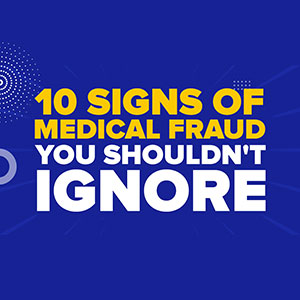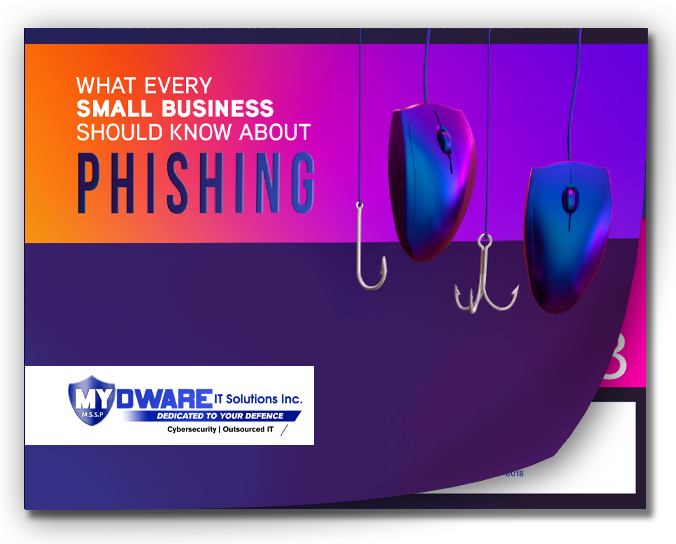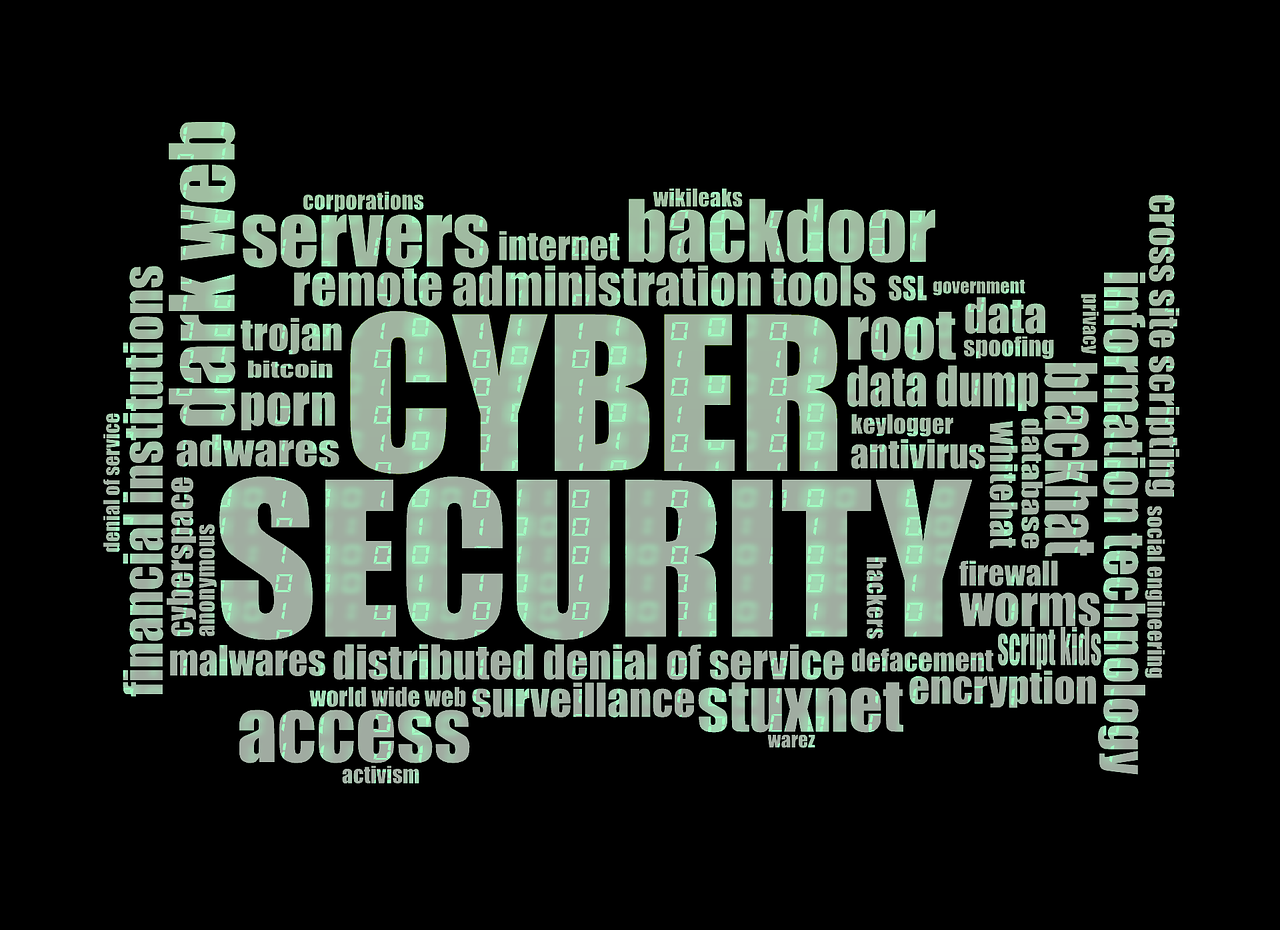 Healthcare identity fraud is a growing concern, impacting both individuals and organizations worldwide. As cyber-attacks on medical systems rise, it’s crucial to understand how to spot the signs and take steps to protect your personal information.
Healthcare identity fraud is a growing concern, impacting both individuals and organizations worldwide. As cyber-attacks on medical systems rise, it’s crucial to understand how to spot the signs and take steps to protect your personal information.
Understanding Medical Identity Fraud
Medical identity fraud occurs when someone steals your personal health information and uses it to commit fraudulent activities. This can include filing false medical claims, obtaining expensive prescriptions, or creating fake medical records. The consequences of medical identity theft are significant, impacting both your financial stability and your health coverage.
10 Signs of Medical Identity Fraud
If you suspect your medical identity might be compromised, watch for these indicators:
- Unexpected Medical Bills
Receiving bills for treatments or services you did not receive is a major red flag. - Collection Notices
Being contacted by debt collectors for medical bills that are not yours. - Errors in Medical Records
Discovering inaccuracies in your medical records, such as incorrect treatments or diagnoses. - Insurance Issues
Your health insurance claims are denied due to exhausted benefits or coverage limits, despite not having used those services. - Insurance Alerts
Receiving notifications from your insurance provider about unfamiliar claims or services. - Unknown Accounts
Finding new health insurance accounts or medical records under your name that you did not create. - Discrepancies in Explanation of Benefits (EOB)
Noticing medical services listed on your EOB that you did not receive. - Difficulty Obtaining Insurance
Facing challenges in acquiring life or health insurance due to incorrect medical conditions listed in your records. - Calls from Medical Providers
Receiving calls regarding appointments or follow-ups for treatments you never had. - Unfamiliar Prescriptions
Receiving notices about prescriptions filled in your name that you did not authorize.
7 Ways To Prevent Medical Identity Fraud
To protect yourself from becoming a victim of medical identity theft, consider the following steps:
- Check for Healthcare Breaches
Use searchable databases to find out if your healthcare information has been compromised.
- Secure Your Records
Store physical copies of medical records in a safe location. This can protect against unauthorized access in case of a data breach.
- Shred Documents
Shred documents with personal information before disposing of them.
- Monitor Your Medical Records
Regularly review your medical records for unfamiliar treatments or discrepancies.
- Review Insurance Bills
Examine your explanation of benefits (EOB) statements closely and report any unfamiliar charges to your insurer and credit bureaus.
- Dispose of Prescription Labels
Remove labels from prescription bottles before throwing them away to prevent identity theft.
- Monitor Your Credit
Obtain free credit reports annually to check for any suspicious activity.
Medical identity theft is an ongoing risk, and proactive measures are essential to safeguard your information. For additional protection, consider using MYDWARE IT Solutions Inc. Dark Web Scan to determine if your information is being sold or compromised. To schedule your scan or for further assistance, feel free to contact us.
Darryl Cresswell
CEO & President
MYDWARE IT Solutions Inc.




